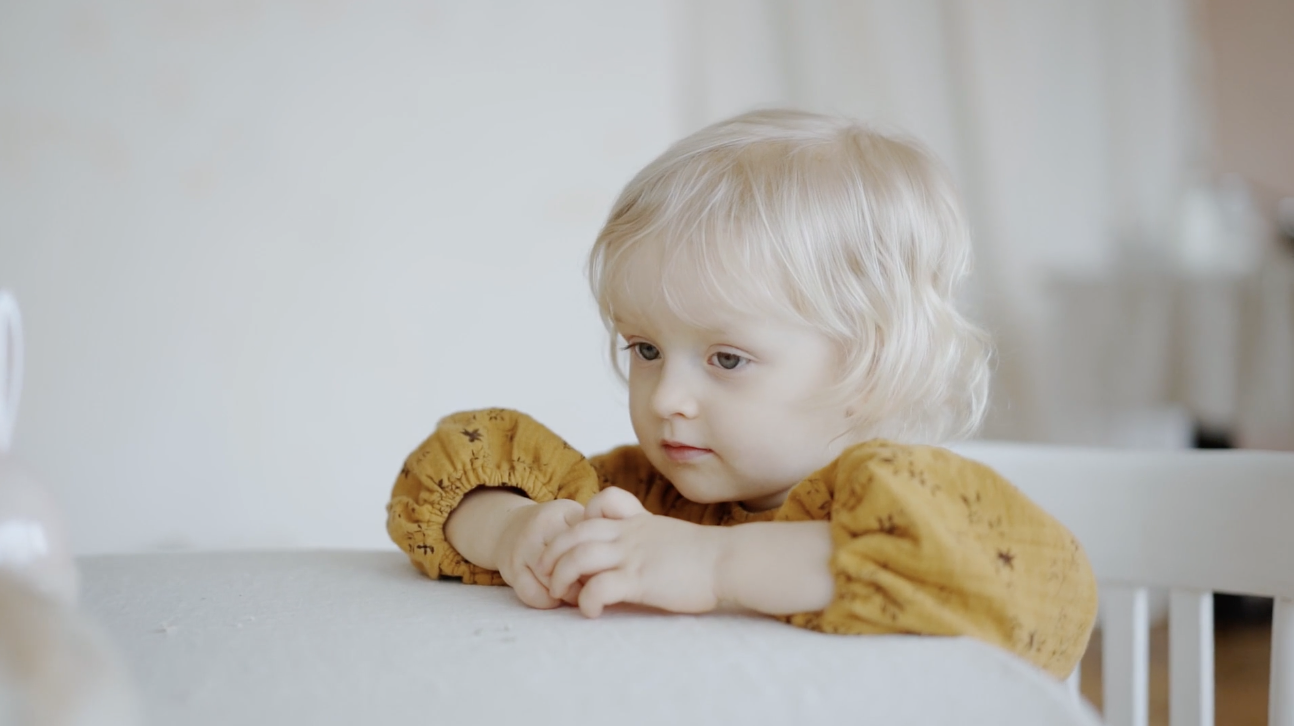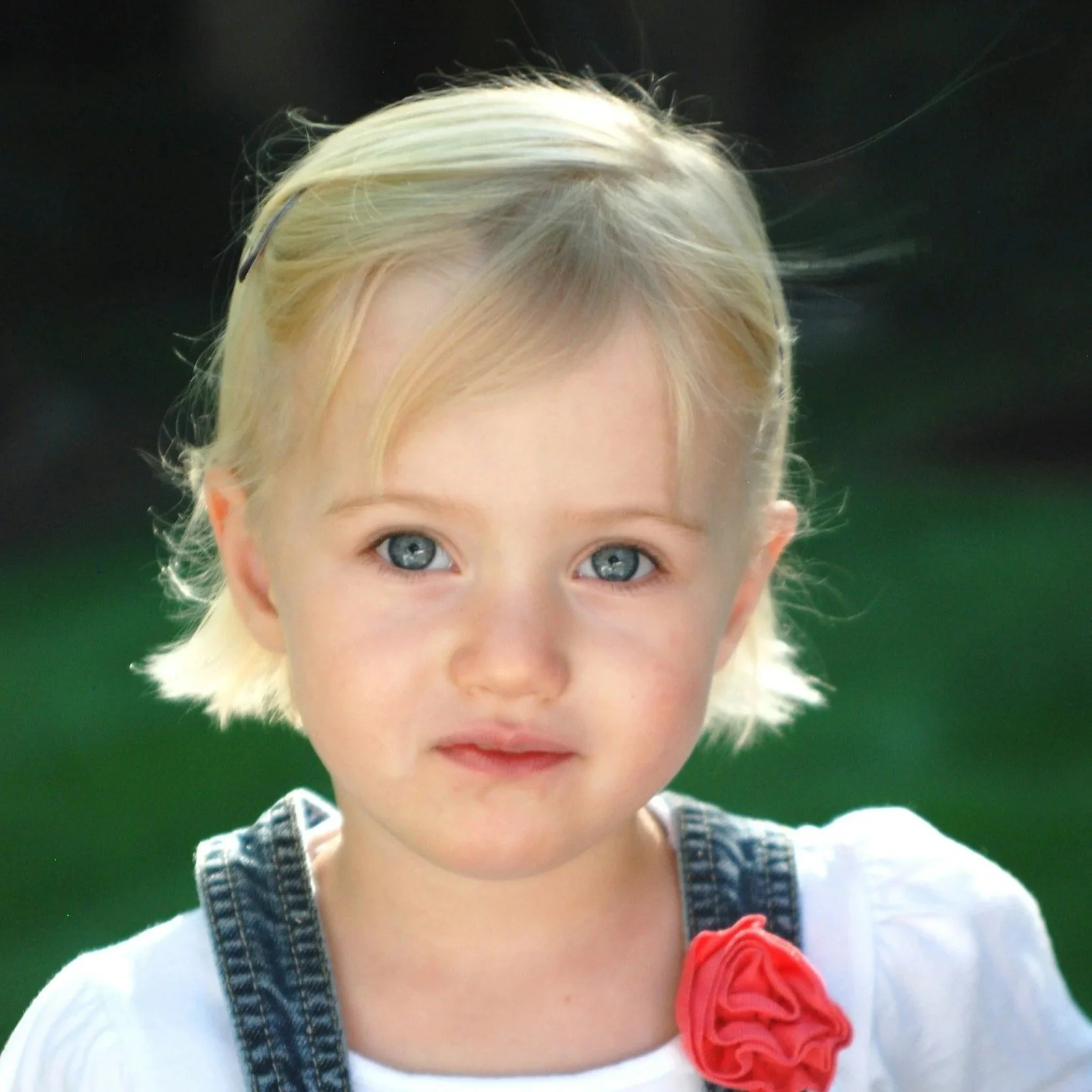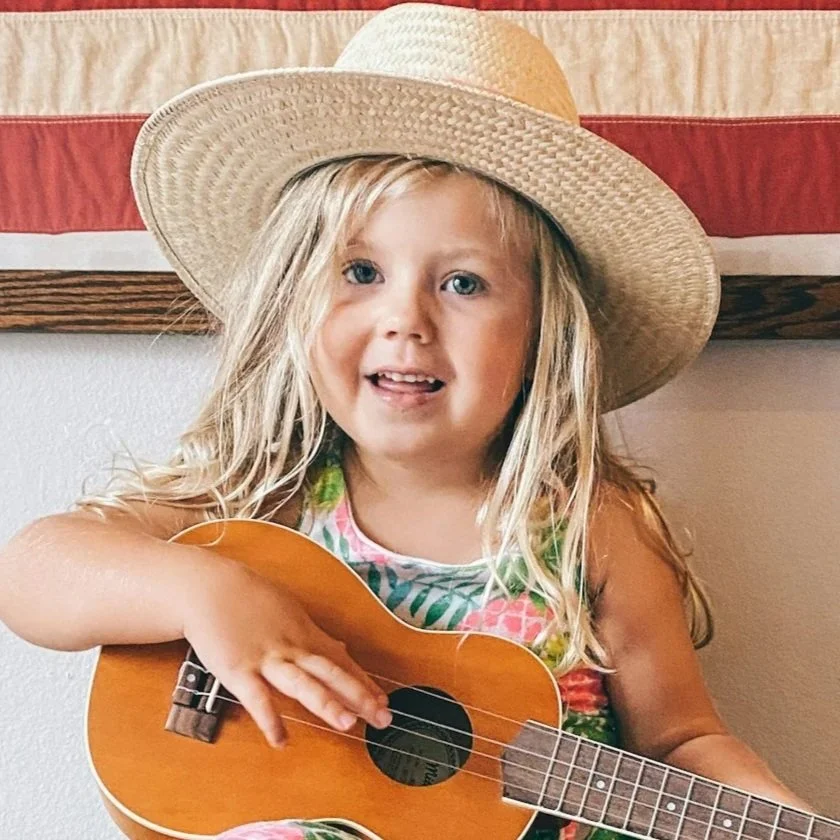
For Every Season of Your Life
Oak Hills Counseling Center
Portland | Tigard | Lake Oswego | Tualatin | Beaverton | West Linn
Accepting New Clients
*
Click For a Free Consultation
*
Accepting New Clients * Click For a Free Consultation *
“Rather than being your thoughts and emotions, be the awareness behind them.”
Supporting Portland’s wellbeing — from toddlers to later adulthood.
At Oak Hills Counseling Center, we believe growth doesn’t come with an age limit. Life brings different challenges at every stage, and we’re here to walk alongside you through them all. Our team offers a wide range of therapy services to support children, teens, and adults, always with care that’s tailored to your season of life. Whether you’re just starting out or well into your nineties, we’re honored to be part of your journey and to serve our Portland community with heart.
Book a free consultation.
Our Services at a Glance
Some of the Challenges We Help You Manage
Portland | Tigard | Lake Oswego | Tualatin | Beaverton | West Linn
Click + to Learn More
-
Anxiety is something many people experience—it can include things like constant worry, a racing mind, or tension in the body that just won’t ease up. Over time, it can make everyday life feel overwhelming and exhausting.
In our work together, we take a gentle, whole-person approach. We use somatic practices to help calm the body, while also exploring the deeper roots of what may be fueling your anxiety. If it feels right for you, we can also talk about medication as one of several tools for support.
Our therapy draws from approaches that are proven to help with anxiety, including mindfulness, cognitive-behavioral strategies, and trauma-informed care. Most importantly, we tailor treatment to you—so you feel supported, understood, and empowered to find more ease and balance in your life.
Book a free consultation -
Depression can feel like carrying an invisible weight—draining energy, clouding perspective, and making it hard to feel connected or hopeful. It often affects sleep, appetite, focus, and motivation, leaving even the simplest tasks feeling daunting.
Our work together centers on creating space for healing and renewal. We may use approaches like behavioral activation, which helps restore energy and motivation through small, meaningful steps, and interpersonal therapy, which focuses on relationships and life transitions that may be contributing to your struggle. We also integrate compassion-focused therapy to gently shift patterns of self-criticism into self-understanding and kindness. If needed, we can explore medication options as part of a collaborative plan.
Through these evidence-based methods, our goal is to help you reconnect with a sense of vitality, purpose, and hope—while knowing you don’t have to walk this path alone.
-
ADHD is more than having a hard time paying attention. It can show up as forgetfulness, difficulty following through, restlessness, or feeling constantly “scattered.” Over time, these challenges can affect school or work performance, strain relationships, and chip away at confidence and self-esteem. Many people with ADHD also struggle with overwhelm, procrastination, and feeling frustrated that they’re “not reaching their potential.”
In our work together, we look at both the challenges and the strengths ADHD brings. We use practical, evidence-based tools—like cognitive-behavioral strategies and executive function coaching—to support organization, focus, and follow-through. We also work on emotional regulation and explore the deeper impact ADHD may have had over time. If helpful, we can include a conversation about medication as part of a thoughtful, personalized plan.
Our goal is to help you create supportive systems, strengthen self-understanding, and build confidence—so ADHD feels less like a roadblock and more like something you can navigate with skill and self-compassion.
-
Life has a way of throwing changes at us—some we expect, and some we don’t. Retirement, a new career path, moving to a new place, ending a relationship, or even just realizing life doesn’t feel the way you thought it would. It can leave you feeling unsettled. Transitions like these can stir up big emotions and make you question where you’re headed or who you are now.
Therapy gives you a chance to slow down and sort through it all. Instead of pushing past the discomfort or trying to figure it out alone, you have someone walking alongside you, helping you make sense of what feels uncertain. Together, we can look at what’s shifting, explore what you want your life to look like moving forward, and take small, meaningful steps to get there.
It’s not about having all the answers right away—it’s about having a chance to find clarity, healing, and new possibilities, so you can move into the next chapter of your life with a stronger sense of purpose and peace.
-
Substance use can start for many reasons—coping with stress, emotional pain, trauma, or simply navigating life’s pressures. Over time, it can begin to interfere with work, relationships, health, and your sense of self, leaving feelings of shame, isolation, or loss of control. Recovery is not just about stopping substance use—it’s about understanding the underlying factors, rebuilding routines, and restoring connection to yourself and others.
In our work together, we take a compassionate, nonjudgmental approach. We explore the patterns and triggers that contribute to substance use, address co-occurring mental health concerns, and help you develop practical strategies to support lasting change. Evidence-based methods, including motivational interviewing, cognitive-behavioral therapy, relapse prevention planning, and mindfulness-based approaches, are tailored to your needs. When appropriate, we also discuss medication-assisted treatment in collaboration with your care team.
Our goal is to help you regain stability, build coping skills, and reconnect with your values and purpose—so recovery is not just about abstaining, but about creating a life that feels meaningful, balanced, and sustainable.
-
Childhood trauma can leave lasting marks that show up in adulthood in ways we might not always recognize. It may affect how you relate to yourself and others, creating patterns of mistrust, self-doubt, or difficulty forming close connections. Trauma can also manifest physically—through tension, chronic stress, or heightened alertness—making it hard to feel fully at ease in your body or in your life.
Our approach focuses on creating a safe, steady environment where you can explore and process these experiences at your own pace. We draw on evidence-based practices like EMDR to reprocess traumatic memories, somatic work to release tension held in the body, and attachment-focused therapy to rebuild trust and connection. We also integrate tools for grounding, emotional regulation, and self-compassion to help you navigate triggers and strengthen resilience.
The goal of our work is not just symptom relief, but lasting healing: helping you feel safer in your body, more connected to yourself and others, and able to move forward with a greater sense of agency, confidence, and hope.
-
Being a teenager today can feel like you’re being pulled in a million directions at once. Maybe you feel pressure to fit in—whether it’s how you look, the clothes you wear, or even what you say and do around friends. It can feel like you’re expected to always be “on,” keep up with a busy social life, experience things like drinking, drugs, or sex—even if you’re not really sure you want to.
On top of that, there’s the weight of school and your future. Getting good grades, loading up on extracurriculars, and figuring out what comes after high school—college, work, or something else. As if that isn’t enough…your body’s changing fast, and it can be hard not to compare yourself to everyone around you. Emotions can hit harder than they used to, and it’s not always easy to know how to deal with stress. It can often feel like you’re carrying it all alone.
Here’s the thing—you don’t have to. Our work together gives you a space to let it out, sort through what feels heavy, and figure out what really matters to you. How to recognize the difference between pressure that pushes you forward and pressure that drags you down. You don’t need to have everything figured out right now. This is about finding your own voice, and building the kind of future that feels right for you—not anyone else.
-
Every relationship and family faces struggles at times. Stress can build from money concerns, the pressure of life transitions, differences in values, or the weight of mental health challenges. Sometimes it’s a breakdown in communication or feeling like trust or respect has been shaken. Even parenting differences or issues like addiction can leave families and couples feeling stuck. When these pressures go unresolved, they often show up in the way people relate. Some pull away emotionally, while others express their hurt through anger or hostility.
For many, it can feel like the safety, and connection in the relationship or family has been replaced with tension, distance, or even silence. By having a space to talk openly and honestly, and working through unresolved hurts, families and couples can begin to rebuild trust and closeness. Sometimes that means learning to set boundaries or practicing new coping tools; other times it’s about facing deeper issues together with the support of therapy.
While every situation is unique, our goal is not only to help you heal from the pain that brought you in, but also to guide you toward experiencing a deeper bond. Often, it’s the repair after ruptures that creates the strongest connections.
-
Being neurodivergent—whether through, autism, dyslexia, or other cognitive differences—can shape how you experience the world in unique and sometimes challenging ways. While neurodivergence brings strengths like creativity, problem-solving, and deep focus, it can also create struggles with organization, social connection, emotional regulation, and navigating environments designed for neurotypical ways of thinking. These challenges can affect school, work, relationships, and self-esteem.
Our approach celebrates neurodivergent strengths while providing support for areas that feel difficult. We use evidence-based strategies such as executive function coaching, cognitive-behavioral techniques tailored for neurodivergent processing, social skills support, and self-advocacy training. We also integrate somatic and mindfulness practices to help manage stress, emotional overwhelm, and sensory sensitivities.
The goal of our work is to help you understand and harness your unique cognitive profile, build practical skills for daily life, and cultivate self-acceptance and confidence—so you can thrive on your own terms, rather than trying to fit into a one-size-fits-all world.
-
We recognize that Black, Indigenous, People of Color (BIPOC) and LGBTQIA+ individuals often face unique challenges that impact mental health and overall well-being. These can include systemic discrimination, racism, homophobia, transphobia, microaggressions, family rejection, and barriers to accessing affirming care. The weight of these experiences can contribute to stress, anxiety, depression, identity struggles, and feelings of isolation.
In our work together, we hold these realities with care. We know that therapy is not just about symptoms. It’s also about creating a safe, affirming space where your full identity is respected and celebrated. We practice from a lens of cultural humility, which means we listen first, honor lived experience, and recognize how systems of oppression affect well-being. We recognize it is our responsibility as practitioners to continually reflect on our own biases and expand our knowledge to better serve BIPOC and LGBTQIA+ communities.
Our goal is to stand alongside you, provide a space where you can breathe a little easier, and feel fully seen. We are committed to providing care that is not only inclusive but also actively supportive and affirming, honoring both your struggles and your strengths, while fostering resilience, empowerment, and self-acceptance.
-
Early childhood is full of growth, exploration, and big emotions. It’s normal for kiddos to test boundaries, have tantrums, or act out as they learn to navigate their feelings. However, sometimes behaviors go beyond what’s typical for a child’s age—frequent aggression, extreme difficulty following routines, or intense emotional outbursts—that can affect daily family life, social development, and early learning experiences.
We work closely with both kiddos and their caregivers to understand what’s driving these behaviors and to build strategies that support positive change. Using evidence-based approaches we help children develop emotional regulation, communication skills, and social understanding. At the same time, we guide caregivers in responding consistently and compassionately, creating a sense of safety and structure that children thrive in.
Our goal is to help children build healthy ways to express themselves and navigate big emotions, while supporting families in creating a more peaceful, connected, and confident home environment.
-
Grief is a deeply personal experience that can arise from the loss of a loved one, a relationship, a job, or even a sense of identity. It can show up as sadness, anger, guilt, confusion, or physical symptoms like fatigue and restlessness. Grief doesn’t follow a set timeline, and it can affect your relationships, daily routines, and overall sense of stability.
Our approach to grief is compassionate and individualized. We provide a safe space to express and explore your feelings without judgment, and we use evidence-based strategies such as narrative therapy, meaning-making approaches, and mindfulness practices to help process loss. We also focus on practical coping tools and self-care techniques to support emotional regulation and resilience during difficult moments.
The goal of our work is not to “move on” from loss, but to help you integrate it into your life in a way that honors your experience, strengthens your emotional well-being, and allows you to reconnect with meaning, hope, and connection.
-
Bipolar disorders sometimes feels like living on an emotional rollercoaster—shifts in mood, energy, and focus may feel unpredictable and disruptive. For some, this can mean intense highs with racing thoughts, impulsivity, or little need for sleep (mania or hypomania). For others, it can bring deep lows of exhaustion, hopelessness, or loss of interest in daily life. These cycles can strain relationships, affect work or school, and leave you feeling unsteady or out of control.
Our approach is grounded in compassion and stability. We work together to help you recognize early signs of mood shifts, build strategies that reduce their impact, and create routines that support balance. Evidence-based methods like psychoeducation, mood tracking, interpersonal and social rhythm therapy, and cognitive-behavioral strategies are tailored to your unique needs. When appropriate, we also collaborate around medication as an important part of treatment.
Our goal is to support you in finding steadiness, improving quality of life, and strengthening your sense of agency—so you can move through the ups and downs with greater confidence and care.
-
Post-Traumatic Stress Disorder (PTSD) develops after experiencing or witnessing overwhelming events such as combat, abuse, accidents, or disasters. Trauma overwhelms the body’s natural stress response, and with PTSD, that alarm system stays “stuck on.” The brain and body continue to react as if the danger is still happening, even long after it has passed.
Living with PTSD can mean flashbacks, nightmares, or intrusive memories that suddenly pull someone back into the trauma. It can feel like being on high alert all the time, avoiding reminders of what happened, or feeling numb and disconnected from others. These experiences are not signs of weakness—they are the nervous system’s way of trying to survive the unbearable.
PTSD can be painful, exhausting, and isolating, but healing is possible. With the right support, people can learn to calm the body’s alarm system, process painful memories safely, and reconnect with themselves and others. Evidence-based therapies like grounding skills, trauma-focused CBT, EMDR, and compassionate, relational approaches help foster safety, trust, and recovery.
Providing Portland with Supportive Therapy
for Every Phase of Life
At Oak Hills Counseling Center, we draw from Erik Erikson’s eight stages of development, covering the entire lifespan, as a guiding framework. Each stage of life brings its own challenges and opportunities for growth, and understanding these stages helps us better support you right where you are.
Whether navigating childhood, early adulthood, midlife changes, or the later years, we use this perspective to provide care that’s thoughtful, age-appropriate, and tailored to each client’s unique journey.
Who is Erik Erikson?
Erik Erikson’s groundbreaking book Childhood and Society (1950) introduced his psychosocial theory of development. He is also credited with coining the term “identity crisis” to describe the challenges many adolescents face while trying to discover who they are.
Although Erikson passed away in 1994, his legacy lives on. His theory is still taught in psychology courses today and remains a trusted framework for understanding the ways we continue to grow and develop at every age.
Erikson’s 8 Stages of Development
Click through the 8 stages below to see how they inform our therapeutic approach.
1
2
3
4
5
6
7
8
How we connect
We want therapy to be a place where you feel most at ease. That’s why we offer both in-person sessions at our Portland office and secure telehealth appointments you can join from home. Whether you prefer a welcoming face-to-face connection or the comfort and convenience of logging in remotely, we’ll meet you wherever it feels best for you.
“Communication is merely an exchange of information, but connection is an exchange of our humanity.”
Find us
Our office is easy to access from all of
SW and NW Portland. We are conveniently
located near the freeway where Portland meets Tigard, Lake Oswego & Beaverton.
7110 SW Fir Loop, Suite 145
Portland, Or. 97223
Hours - By Appointment
Sunday–Saturday
8am–9pm
Phone
(971) 238-2418
How it began
Back in our grad school days, Sarah (on the right) and I (Leslie) leaned on each other through long nights of research papers, deadlines, and doubts. We shared tears, laughter, and countless pep talks that carried us through. Since graduating we’ve seen each other grow into the therapists we’ve become today.
After graduation, our paths branched in different directions—Sarah poured her heart into school counseling, and I started a solo private practice. I loved my work deeply, but over the years I began to notice a gap. No matter how hard I tried, I couldn’t be everything to everyone. I met seniors who longed to be heard, kids who needed a safe space, and so many in between. Our community deserved more than one person could give.
So when Sarah told me she was ready to transition into private practice, it felt like everything clicked into place. I knew immediately: I want her by my side. Looking back, I’m just so grateful—for our friendship, for the community that continues to trust us, and for the chance to live out this passion of helping others.

































